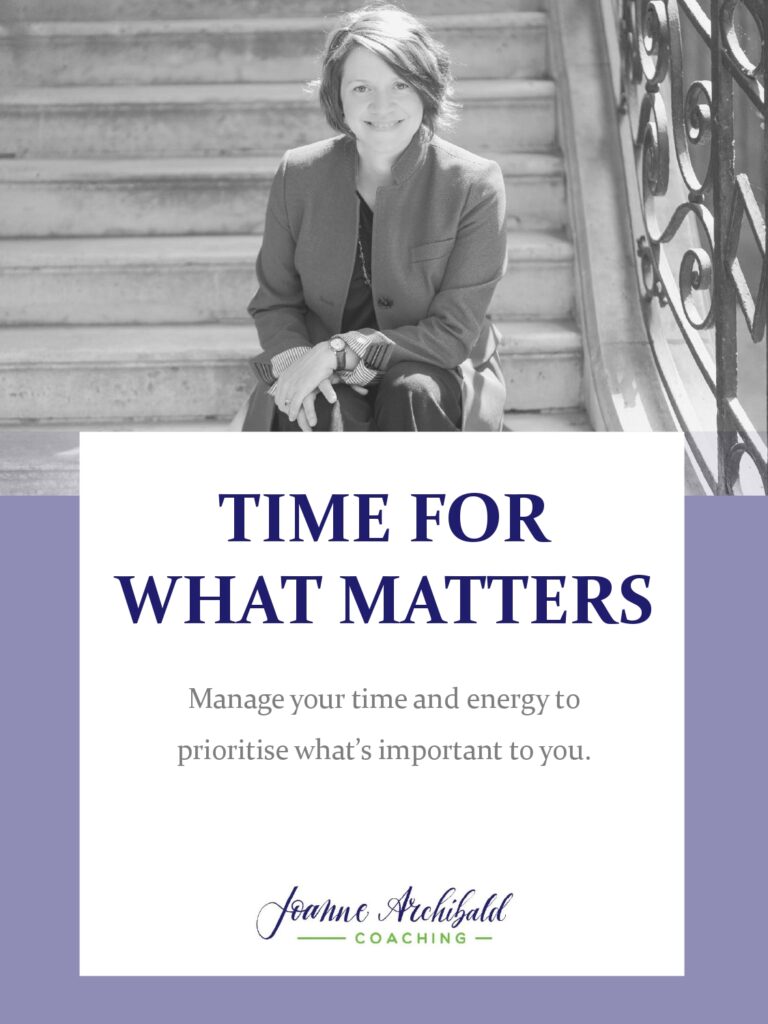Leading with your heart is a sure-fire way to banish hesitation and make regret-free choices. Learning to listen to yourself and trust your gut can stop a decision from turning into a dilemma.
Despite being an only child, I’m a twin – a Gemini, that is. I’ve always felt rather lucky to have been born under a sign whose symbol is not a barnyard animal, a venomous arachnid or a crustacean, but a pair of cherubic babies. Apparently, being a twin makes me versatile, communicative, energetic and inquisitive. The flip side seems to be that I’m glued to my mobile phone, good at accumulating trivial information, moody and – gasp – indecisive. Now, I couldn’t possibly comment on my qualities, but I can confirm that I am indeed a fan of all things telecommunications (my phone conversation record is a whopping four hours), I can go from sunshine to showers in seconds (for heaven’s sake, who can’t?), and I do store a remarkable number of random quotations and film facts in my little grey cells.
The one thing I am not, however, is indecisive. Yes, I can often see both sides of the story and can find arguments for both debate teams, but I’m not a ditherer. Why? Well, I don’t possess a crystal ball, nor am I overly impulsive. I simply have a strong instinct (inherited from my grandmother, according to Mum) that – and this is crucial – I have learned to listen to at all times. So many people have strong gut feelings but choose not to listen to what their heart is telling them. In fact, I think we all have the ability to make good instinctive decisions, but, often, over-thinking seems more sensible. Indeed, in our society, making too quick is decision is often frowned upon and labelled rash.
I never used to listen to my instinct. It seemed irresponsible to make important decisions without first getting out the notepad, listing the pros and cons, talking it over with all and sundry, consulting my horoscope, offering up incense… Yet, funnily enough, the choice I ended up making was always the same as what my internal GPS had told me right from the start. So I stopped wasting time reasoning and deliberating, cogitating and digesting, and started listening to my heart. I believe that, deep down, in every situation, we always know what we want to do and also what we think we should do – whether or not they are the same thing is another matter. We are usually also aware of the consequences of the choice we want to make – again, whether or not we like those consequences is another kettle of fish.
And, ay, there’s the rub. It’s often the anticipated fallout from a decision that provokes the ‘dilemma’. Put simply: if we’re honest, we know what decision we’ll eventually make, but we’re not always comfortable with the changes or upheaval that will ensue, so we agonize over self-created ‘dilemmas’ to put off the inevitable moment when taking a decision turns into taking action. Ending a relationship, for example, is one of the most difficult decisions we ever have to take. Often, people stay with unsuitable partners long after their romance has died because they anticipate the consequences of separation. So the dilemma begins. The person spends sleepless nights, talks with friends, and weighs up the possibilities, desperately trying to think about a choice that is purely a matter of feeling. Of course, love is the clearest example of a situation in which heart should rule head, but instinct can be applied to any so-called dilemma.
Making choices can be painful: any path taken inevitably leaves alternative roads untravelled. As one proposition is accepted, another must be rejected. However, the opposite – not making a decision – leaves you static and paralysed, staring down a path that leads precisely nowhere. Listening to your heart at least ensures that any choices you make are your choices. They’re not what you thought you should do, or what so-and-so thought you should do, they’re what you truly felt best with at the time, with all the information to hand and your instinct periscope very definitely up. Knowing that, and owning your decisions, is a shortcut to eliminating regret and recriminations. Sure, you’ll still make mistakes, but at least you’ll know that at any given moment, you were leading with your heart and not trying to second-guess or rationalise away your sentiments. Ultimately, there are no dilemmas if we simply trust ourselves to make decisions that may not always be right, but that will at least always remain faithful to our own truth.




